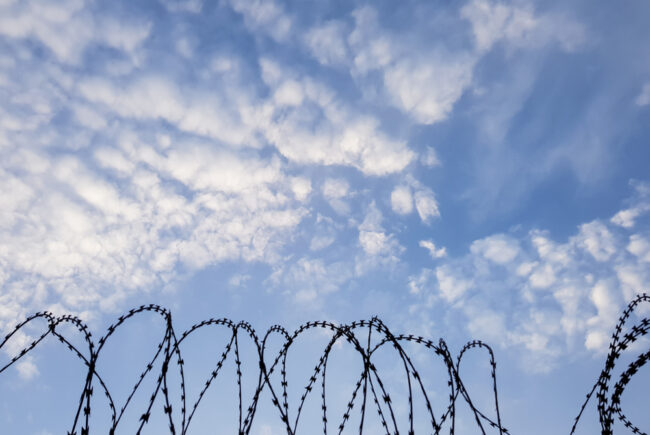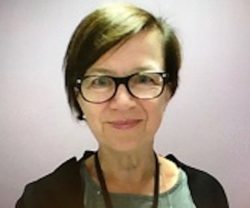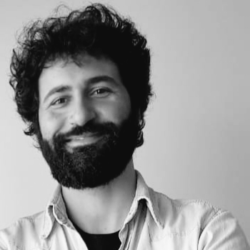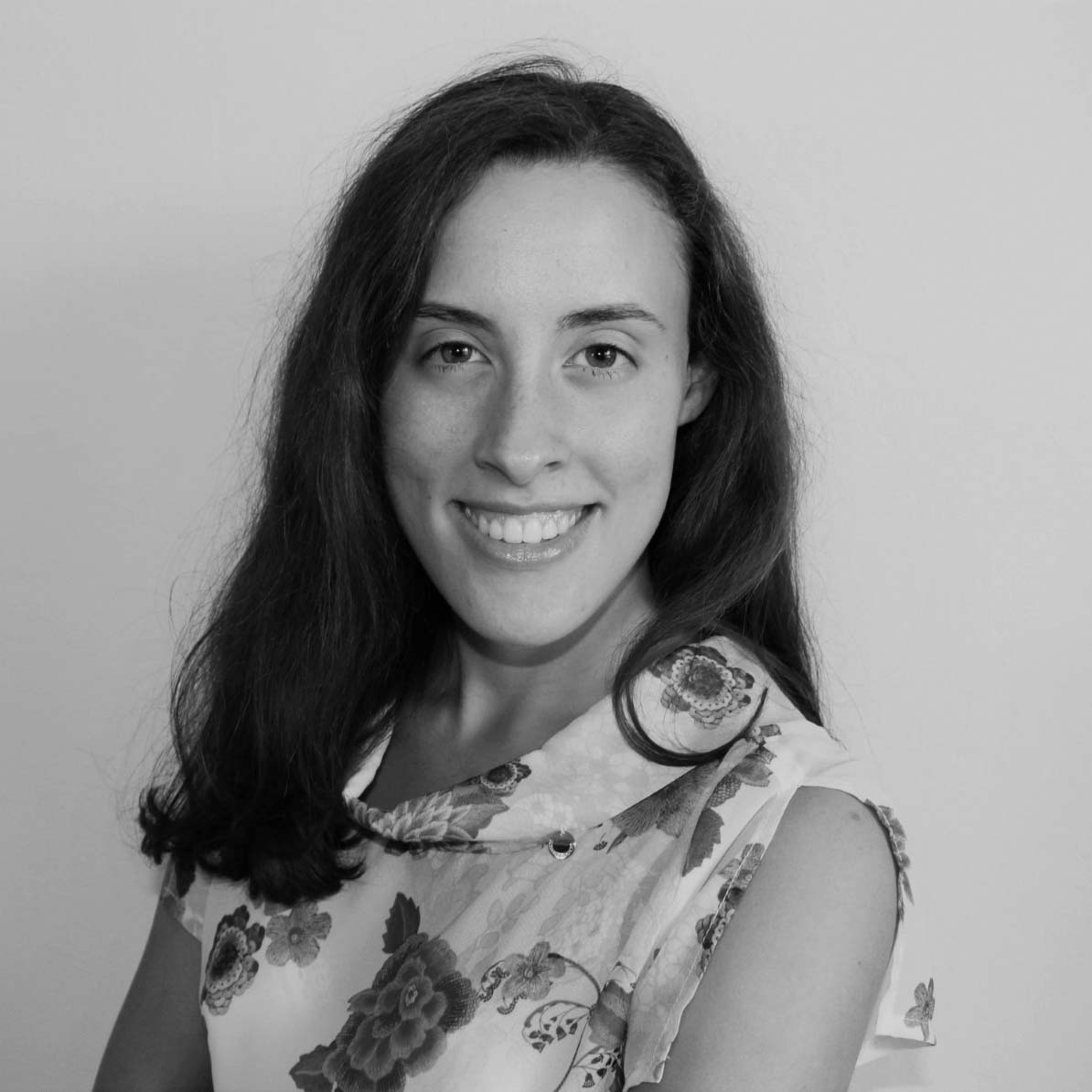

Many people view the main purpose of prisons to be punishment and protection of the public. This is in stark opposition to what rehabilitation stands for. Photo: Shutterstock
Prison education in Europe: alarming inequalities and revolutionary learning
Published:Many people view the main purpose of prisons to be punishment and protection of the public. This is in stark opposition to what rehabilitation stands for. Photo: Shutterstock
Experts in adult education for inmates in Sweden, Scotland and Italy talk about the challenges and innovations of the penitentiary system in their countries.
James King, Scotland:
“In Scotland, the main purpose of prisons has always been punishment and protection of the public. This is in stark opposition to what rehabilitation stands for.
Education can transform the lives of individuals in custody, but our national curriculum only includes basic education and literacy, assuming that this is the only thing a person would need to find a job and build a new life after prison.
But this is not the case. Inmates are not illiterate; they need stimuli and motivation.
Inmates don’t just need to learn maths and tick the boxes on a national curriculum; they also want to focus on their real passions.
Previously I have been working on the project “Unlocking potential, transforming lives”, which is based on a series of creative arts lessons and courses. This is project-based learning, where creativity plays a fundamental role in prompting change, self-reflection and a critical approach.
We would start by looking at topics that people were interested in like the Olympics or the Holocaust, and these would lead to discussions, activities and educational projects. Inmates don’t just need to learn maths and tick the boxes on a national curriculum; they also want to focus on their real passions.
This style of learning is the best way for people to really think about and understand themselves and the consequences of their actions, but this change needs to come from within and cannot just be imposed by the authorities – that’s why creative arts are so important.
However, many prisoners are only detained for short periods of time, and this prevents them from being able to take part in serious and long-term courses that could make the difference.
I have therefore founded the SPACE ART Scotland project, to provide community support, which is also fundamental to helping people once they are out of prison. Most of them need help with drug and alcohol addiction, abuse and poverty, and education should be a way for them to discover their real value. This, however is not enough ‒ we need practical support to reintroduce individuals into the society.
It’s not about ignoring the traditional educational system or minimising the impact of employability; it’s about giving them more chances to develop their potential.”
James King

- Former Head of Education at the Scottish Prison Service (SPS)
- Has taught in prisons for years, introducing art programmes as part of creative approaches to adult education.
- In 2017, led an international group of prison educators to review and update the Council of Europe Recommendations on Prison Education.
- Recently co-founded Scottish Prison Arts & Creative Enterprises, SPACE ART Scotland, to promote and expand the use of arts in Scottish prisons.
Lena Broo, Sweden:
“After all the years I’ve spent working with inmates, teachers and principals, I am only certain of one thing: education is the key to leaving a criminal past behind.
Giving prisoners a chance to further their studies is crucial to helping them not only find a job in the aftermath, but most importantly to raise their self-esteem and discover their real calling.
Unfortunately, for a long time in Sweden we had a problem of interruption of studies, and the lack of continuity in their academic path frustrated inmates. Some of them used to tell me ‘I’ve started this course four times, and now I’m so tired of it.’
So, in the early 2000s, we introduced the learning centre model. This is a national educational system funded by prisons and providing 1-to-1 counselling opportunities for inmates. Each one of them is tutored by a teacher who might or might not be working in the specific centre they are detained in, but still sending them material via an electronic and safe platform.
What matters is that they realise their true potential and broaden their horizons.
Inmates are also able to develop an individual study plan to help them work out what they want to do with their lives and work towards that goal.
Sadly, there is a lot of prejudice surrounding people who have been to prison, so centrally administered education means that there are no regional differences and inequalities, and everyone gets the same opportunities.
However, right now we are experiencing a rising number of inmates, so we need more research on their real educational level to develop programmes and curricula that can motivate them. At the end of the day, what matters is that they realise their true potential and broaden their horizons.
I will always remember one of the inmates I met who had never read a book in his life and, having served his sentence, he bought one for his son with his pocket money.
Education makes the difference not only for individuals in custody, but for the rest of the society and the next generation too.”
Lena Broo

- An adult education expert who has been working at the head office of the Swedish Prison and Probation Administration for almost 20 years as a teacher, principal and now consultant.
- Played a central role in the development of the Learning Centre Model, which has now been established nationwide.
Luca Decembrotto, Italy:
“The idea of rehabilitation in prisons was introduced in the Italian legal system back in 1975, but it was never clear what it really meant. Therefore, education for inmates is only provided at the basic level up to the middle school diploma. Whether you can access higher education depends on the region you are detained in.
This clearly creates a huge divide and alarming inequalities in treatment and opportunities for inmates. However, from what I know, Italy is the only country in the world, together with Argentina, that has developed and consolidated a network of university courses for prisoners.
This started from the private initiative of lecturers, and we now have a network of more than 30 universities (CNUPP) that provide higher education classes for around a thousand inmates.
The problem is that this system is not institutionalised, and merely relies on individual universities that decide to take up these projects.
The same goes for life after prison. Hardly any attention is paid to the transitioning process, so those who have a network of contacts to support them are more likely to leave their criminal past behind than those who are left alone.
This is where volunteers come into action. One of the most remarkable elements of the Italian probation systems is the massive support NGOs give to inmates. But once again, there is no real backing from central government.
We need to start a conversation with the authorities to try and understand the real state-of-the-art: we know nothing about the educational level of 40% of individuals in custody in Italy, and as so many of them can’t access higher education, it’s almost impossible to develop university courses for them.
What we are really asking the government to do is to introduce clear legislation in terms of penitentiary education, professionally train teachers and financially support grassroots projects”.
Luca Decembrotto

- A researcher at the department of Educational Sciences at the University of Bologna in Italy.
- Areas of expertise are pedagogy of marginal groups and social inclusion in formal and informal educational contexts.
Author







